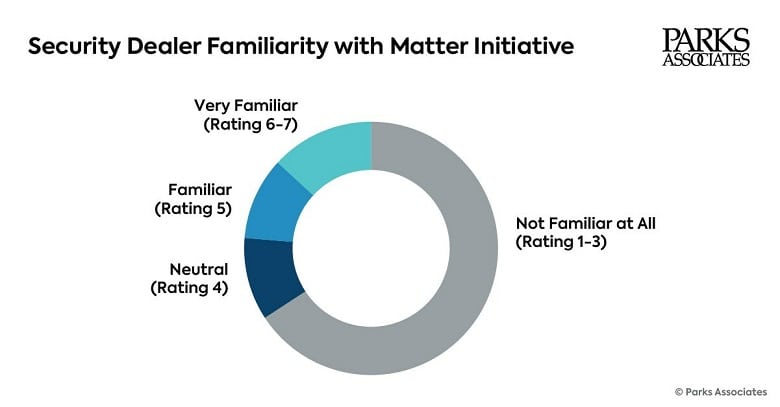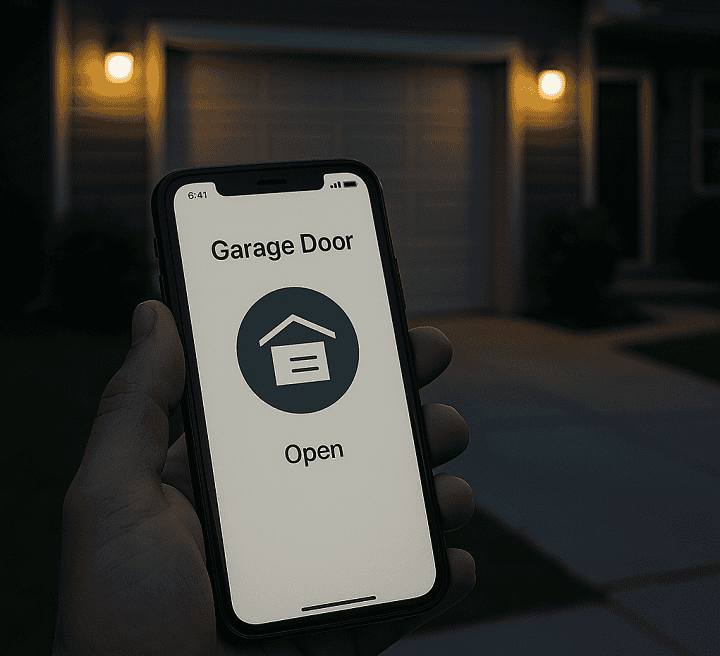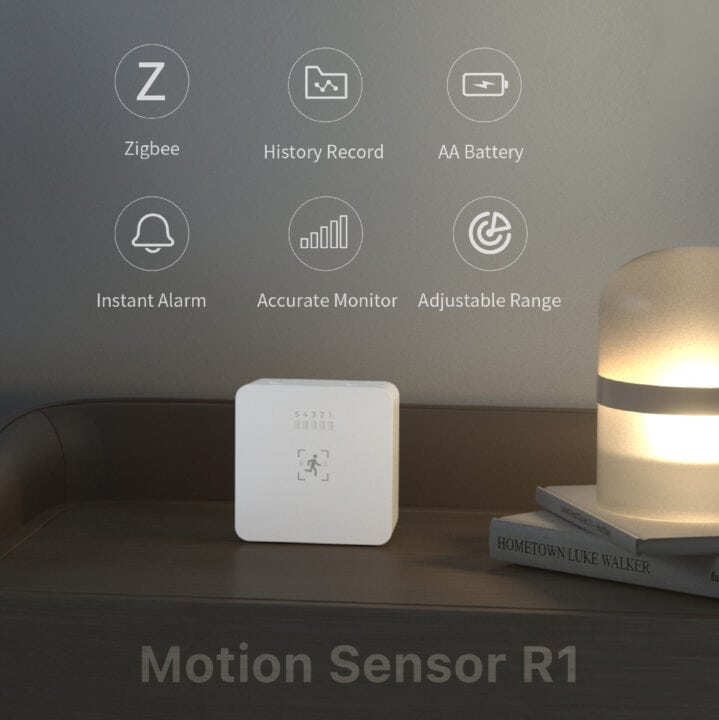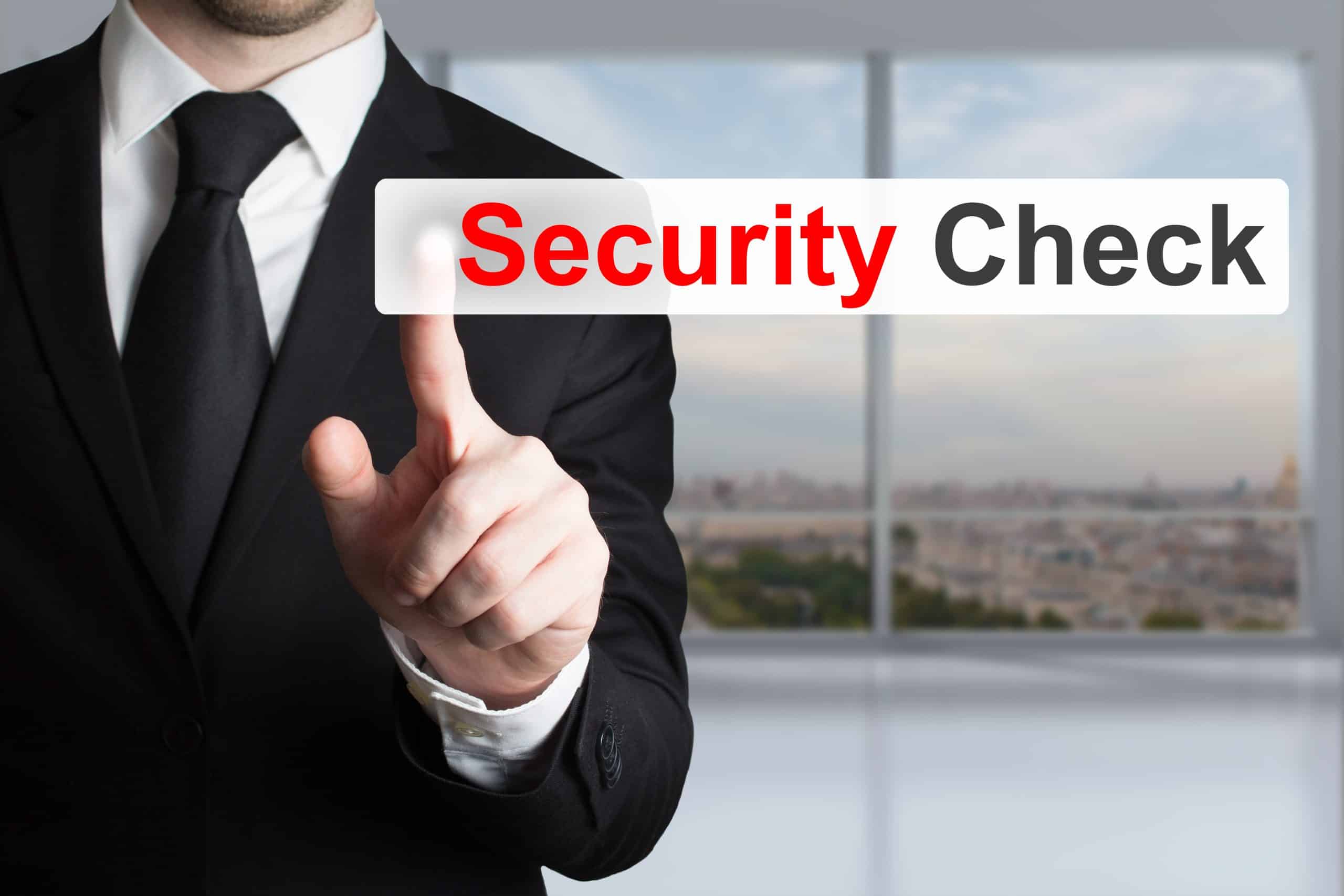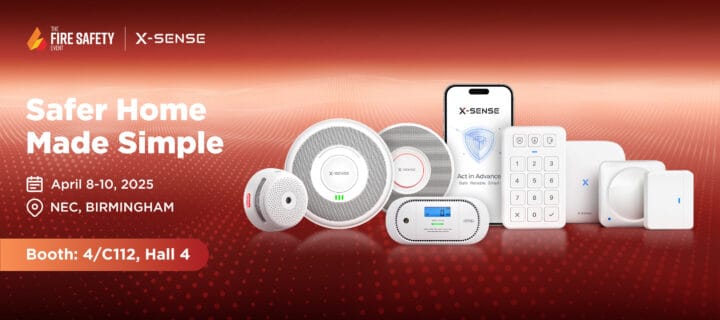A recent survey conducted by Parks Associates, titled “Security Dealer Perspectives: Views from the Front Line,” has tracked the awareness of the new Matter standard with home security dealers. The familiarity rate has grown to 24% this year, up from 16% in 2022. The Matter standard, which was officially launched in December 2019, is designed to facilitate interoperability among smart home devices, yet the survey suggests that overall awareness within the industry remains relatively low.
The survey, which is conducted annually, gathers data from security dealers across the United States to assess their perspectives on the market and their strategies for expanding professionally monitored home services. It also explores the demand for smart home devices, both at the initial sale and as part of aftermarket upgrades. Additionally, the survey offers insight into the dealers’ viewpoints on the potential impact of artificial intelligence (AI) and the Matter standard on their businesses.
Mindi Sue Sternblitz-Rubenstein, Vice President of Marketing at Parks Associates, has stated that while the Matter standard has been updated twice by the Connectivity Standards Alliance (CSA) since its announcement a few years ago, the adoption and familiarity with the standard have been gradual. This slow growth is attributed to the pace at which Matter-enabled smart devices are entering the market, with Sternblitz-Rubenstein noting that the penetration of new standards into ecosystems typically takes time.
The Matter standard has garnered support from over 600 member companies, including prominent technology and security firms such as ADT, Amazon, Google, and Apple. Devices that are now Matter-compliant range from smart lights, HVAC controls, and smart shades, to security sensors, door locks, smart TVs, smart bridges, appliances, smoke and CO detectors, as well as robotic vacuums.
The integration of the Matter standard presents both opportunities and challenges for security service providers. While the standard helps to lower the difficulties associated with enabling interoperability between different smart home devices, which could reduce installation times and costs, it also opens the market to new competitors, including DIY solutions, which could challenge established security vendors.
Sternblitz-Rubenstein has indicated that the most significant impact of the Matter standard is expected to be the simplification of installations for both new and existing customer devices, which could ultimately contribute to market expansion. For more information on the Matter standard and its implications for the security industry, interested parties can visit the manufacturer’s website.
